Search
Search Results

Definition
Chichen Itza
Chichen Itza, located at the northern tip of the Yucatán Peninsula of modern Mexico, was a Maya city which was later significantly influenced by the Toltec civilization. Flourishing between c. 750 and 1200 CE, the site is rich in monumental...
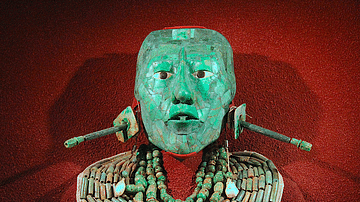
Definition
K'inich Janaab' Pakal
K'inich Janaab' Pakal (23 March 603 CE - 31 March 683 CE) was the Maya king of Palenque in the modern-day State of Chiapas, Mexico. Also known as Pacal (which means 'shield') and Pacal the Great, he is most famous for raising the city of...
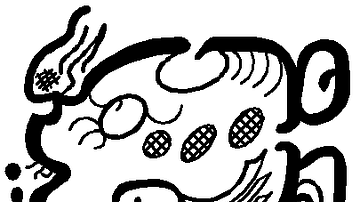
Image
Maya kakau glyph
This ancient Maya glyph is pronounced "kah-kah-oo." Various forms of this glyph can be found on Maya vessels, some of which are known to have contained chocolate in some form.

Video
The Maya Calendar, Culture and History: an Introduction to a Mesoamerican Civilization
The Maya are a people indigenous to Mexico and Central America who have continuously inhabited the modern regions of Yucatan, Quintana Roo, Campeche, Tabasco, and Chiapas in Mexico and southward through Guatemala, Belize, El Salvador and...
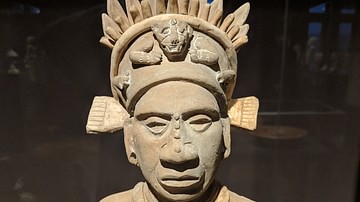
Image
Clay Maya Nobleman Figure
Maya Nobleman, Jaina, Maya culture, Late Classic Period, c. 600-900 CE. Campeche, Mexico. Fired clay with remnants of paint.
Exhibited at Museum Rietberg, Zurich, Switzerland.

Definition
Copan
Copán (in modern Honduras) is located on the floodplain of the river of the same name. It was the most southerly of the Classic Maya centres and, at an altitude of 600 metres, the highest. Copán reached the height of its power in the 8th...

Definition
Religion in the Ancient World
Religion (from the Latin Religio, meaning 'restraint,' or Relegere, according to Cicero, meaning 'to repeat, to read again,' or, most likely, Religionem, 'to show respect for what is sacred') is an organized system of beliefs and practices...
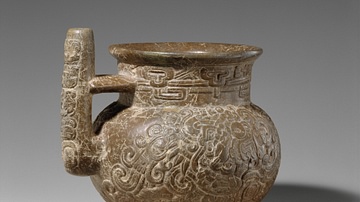
Image
Maya Spouted Jar
This spouted vessel is one of the most elegantly sculpted stone containers in the corpus of Maya art. Its form with the vertical spout parallel to the central axis of the main chamber is known from the late 1st millennium B.C. and is especially...
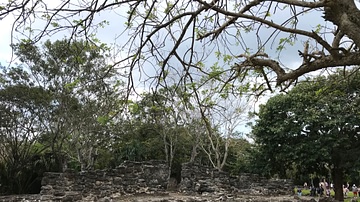
Image
Remnants of Maya Ruins at San Gervasio, Mexico
The ruins of San Gervasio — located on the island of Cozumel in Mexico — were once an important site of pilgrimage to Maya people who lived from c. 1000-1650 CE. A sanctuary of the Maya goddess Ix Chel used to be located at this location...
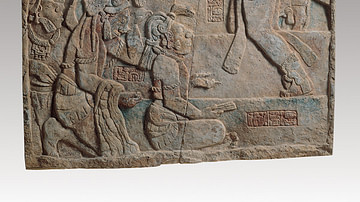
Image
Presentation of Captives to a Maya Ruler
This carved limestone relief, dated 23 August 783 CE, depicts three scribes being presented as prisoners to a Maya ruler. The captives are identified as scribes by the stick-bundle the first one holds (the traditional implements of scribes...